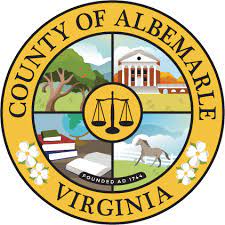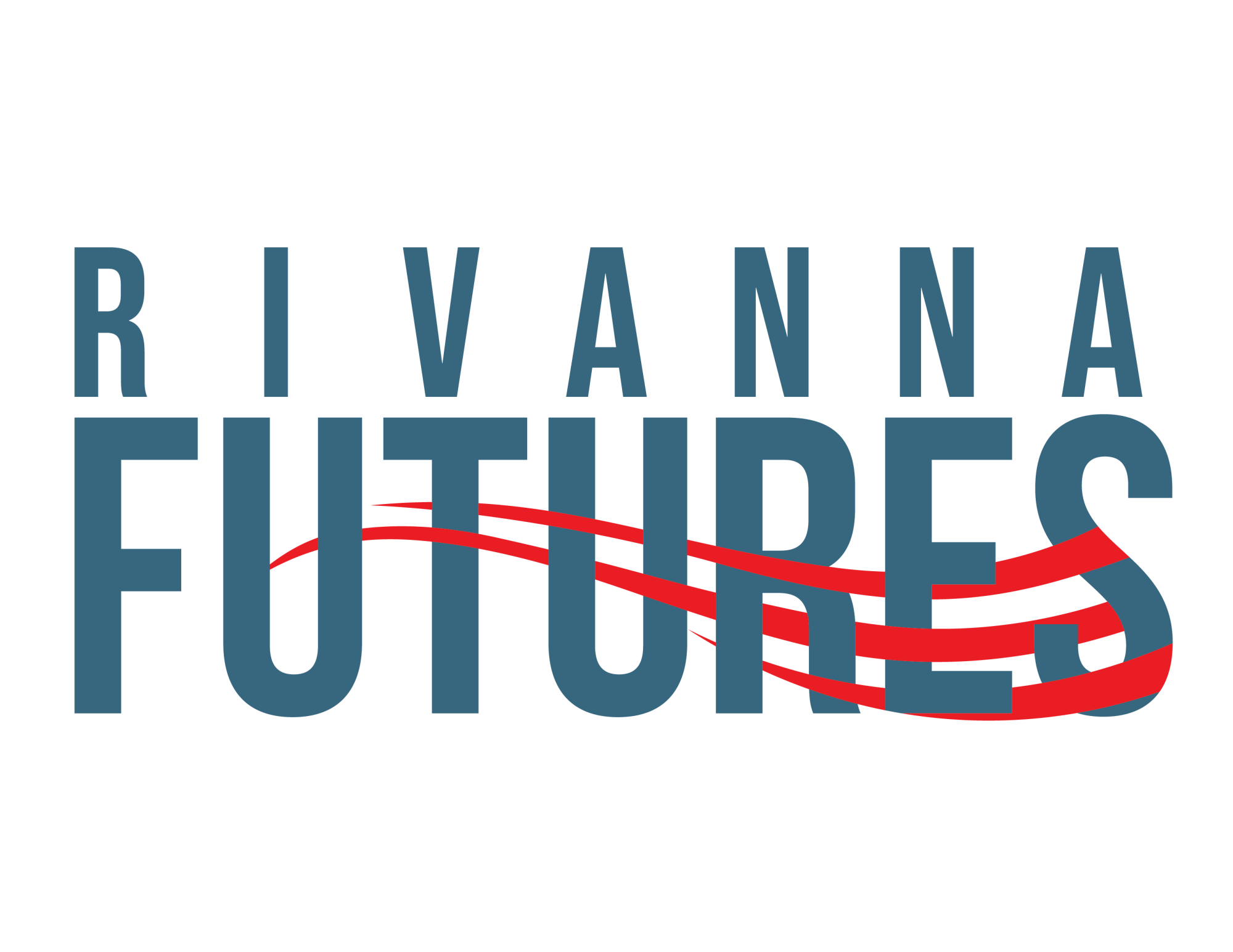New year, new opportunity to write about the ongoing update of Albemarle County’s Comprehensive Plan. If you’re new to such a thing, the state code of Virginia requires every locality to create and maintain a plan “for the physical development of the territory within its jurisdiction and every governing body shall adopt a comprehensive plan for the territory under its jurisdiction.”
The plan is to be reviewed every five years to see if it needs a major update. Some like Greene County have their Planning Commission take charge of the process and their current review is more modest. Others like Nelson County and Charlottesville hire consultants if the plan is either out of date or if the Planning Commission gets stuck.
But where’s Albemarle? Supervisors were briefed on the ongoing process at their meeting on January 11.
“The comp plan is being updated using a four-phased approach moving from big ideas and visioning to more details policies and action steps,” said Tori Kannellopolos, a senior planner with Albemarle County’s Community Development Department. “We just completed phase one where we focused on reviewing the growth management policy and building the framework to build the next phases of AC44.”

AC44 is the name given to the Engage Albemarle process and reflects a look forward to the year 2044.
A main goal is to reflect the county’s recent adoption of equity, economic development, and climate resilience as strategic initiatives and values that were not in place the last time the plan was updated. Another goal is to bring multimodal transportation planning into the process.
“To implement these goals in the county’s mission statement, we will be using an equity and climate action lens to evaluate plan recommendations,” Kannellopolos said.
Jesse Brookins is the Director of Diversity, Equity, & Inclusion for Albemarle County. He said one outcome is to be able to have metrics by which these goals can be measured. This will built on the Albemarle County Equity Profile published in May 2021.
“Equity [is] defined as being all community members having access to community conditions and opportunities needed to reach their full potential and to experience optimal well-being and quality of life,” Brookins said. “As distinguished from equality, whereas equality means the same to all, equity begins with the process of acknowledging that there is an unequal starting place and continues to correct and address the imbalance.”
Gabe Dayley is the Climate Protection program manager.
“Ultimately, integrating climate action into AC44 is about enabling our community members to be able to make choices that help them reduce their carbon footprint,” Dayley said.
Vlad Gavrilovic is a principal planner with the firm EPR which has been hired by Albemarle County to work on the plan update. He briefed Supervisors on one proposal for how to structure the plan update and to help make it more usable.
“As you know, the 2015 plan is an extensive document,” Gavrilovic said. “It runs over 400 pages with 900 pages of appendices, 700 pages of reference documents, but its truly comprehensive.”
Gavrilovic said one approach is to develop a “family of plans” with the Comprehensive Plan serving more of a guide of where someone needs to look for information.
“A plan nowadays does not live in a 3-ring binder, it lives online,” Gavrilovic said. “So it really helps the user-friendliness to have these documents be links within the overall plan.”

Gavrilovic also said there won’t be an equity chapter or a resilience chapter. Instead, those concepts will be woven into the entire document.
Phase two will last for the rest of this year and will identify the goals and objectives for each topic. According to the timeline for Phase 2, neither the Planning Commission nor the Board of Supervisors will be directly involved again until the fall when there will be a work session.
Until then, a new working group will meet to get input from each members’ network. In all, this group will meet at least three times but will have more flexibility than the working group for the first phase.
“We’re going to have fewer meetings with them overall but then provide more robust materials and more support for them to do their own engagement,” Kannellopolos said.
There will also be another series of questionnaires. Charlottesville Community Engagement will let you know when these are ready and will try to cover as much of the update as possible.
One Supervisor wanted to make sure the questions in the surveys are written in a neutral manner.
“We have to be really careful about avoiding leading questions in these surveys,” said White Hall District Supervisor Ann Mallek. “That’s been a real pushback that I have received from people calling and complaining about that.”
Mallek also said steps need to be taken to not create a divide between the rural and urban communities.
Supervisor Donna Price acknowledged that rural residents may have a larger carbon footprint because of the need to drive to amenities in the urban areas. She said bringing down the amount of greenhouse gas emissions per household down across the county would mean additional density.
“As we reach the balance between density of development and quality of life, ensuring that we are approving developments in the development area to a higher capacity then we have heretofore been approving in order to avoid an unnecessarily early expansion of the development area into the rural area,” Price said. “And it’s not just the climate directly but the cost of services being provided by the county to our community. The larger the geographic area those services have to be provided to, the more expensive it becomes to our community members.”
Price essentially described the growth management strategy that has been in place om Albemarle. Phase One of the plan took a look at that strategy and the final product is to be a completed Framework for an Equitable and Resilient Community.
A final version of that document is not yet available but will be shared sometime early this year according to the December 2022 AC44 update. In the meantime, the draft from September is still available for review.

Before you go: The time to write and research of this article is covered by paid subscribers to Charlottesville Community Engagement. In fact, this particular installment comes from the January 24, 2023 edition of the program. To ensure this research can be sustained, please consider becoming a paid subscriber or contributing monthly through Patreon.













